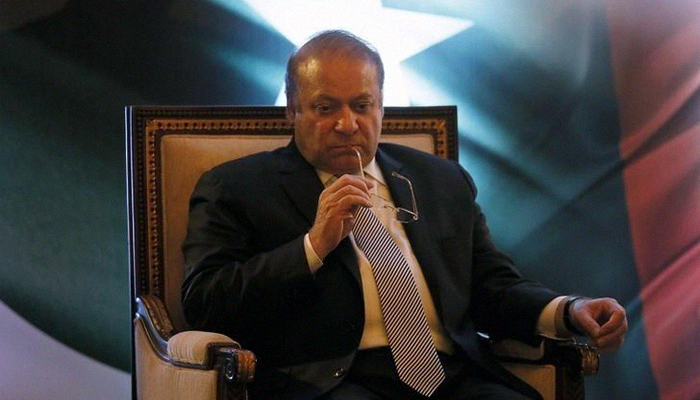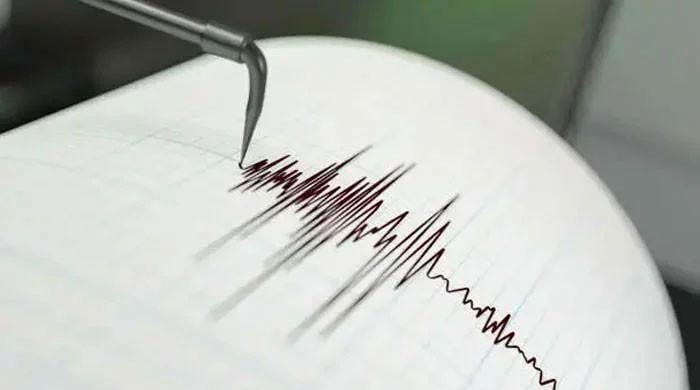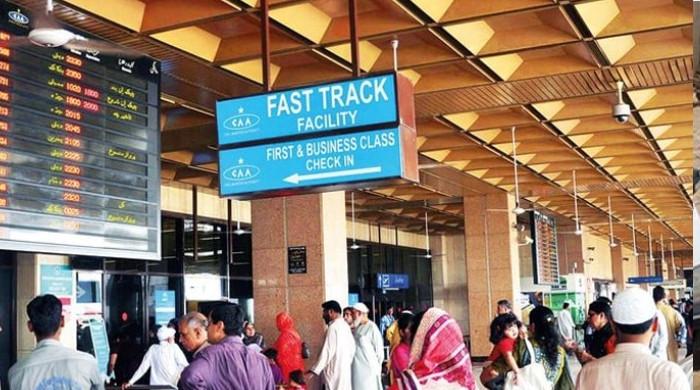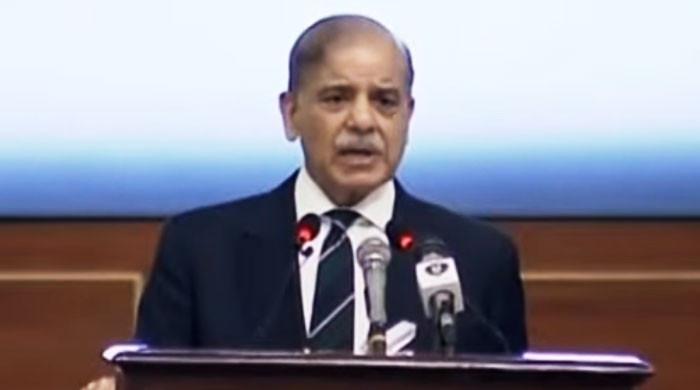Will Nawaz survive disqualification?
The suspense shrouding the most momentous case in the history of the country will persist until the judgment is announced
July 22, 2017

Speculation is rife as to what lies in store for Prime Minister Nawaz Sharif and his family after the three-judge implementation bench of the Supreme Court on Friday reserved its judgment at the end of five hearings on the final report of the Joint Investigation Team (JIT).
The suspense shrouding the most momentous case in the country's history will persist until the judgment is announced, for which the bench is yet to set a date.
However, indications are that this will most likely come about during the next week.
Will the bench pass a disqualification order or ask the National Accountability Bureau (NAB) to prepare a reference in line with its guidelines for trial at an accountability court? These are the questions and the main subject of the much-heated debate in the media, legal, and political circles at present.
In light of the court’s proceedings, differing statements of respondents, documents in the JIT report, and observations of members of the bench, one thing is pretty clear – the prime minister and other respondents are most unlikely to get a clean chit.
The April 20 verdict laid down that on receipt of periodical and final report of the JIT “the matter of disqualification of respondent number one (PM) “shall be considered”.
It further held that “if found necessary for passing appropriate order in this behalf the respondent number one or any other person may be questioned and examined”.
Jumping to the conclusion that disqualification is around the corner and a writing on the wall, as a Sharif rival put it, appears to be unrealistic and flawed thinking.
Many hold a logical view that disqualification can only come if the top respondent is convicted after a due process of law under relevant sections of the accountability ordinance. That route is obviously a time-consuming exercise.
It is pointed out that in case the bench orders the NAB to file a reference instead of doing so itself, it will likely set a unique precedent, which many believe will be contrary to constitutional provisions.
According to former Attorney General Irfan Qadir, Article 187 of the constitution – under which the Supreme Court is dealing with the matters – is subject to Article 175 (clause II). He has pointed out that the latter does not allow the Supreme Court to exercise any power other than those granted by the Constitution, which, according to him, does not grant the SC the authority to disqualify a parliamentarian or to form a JIT.
It may be realised by friends and supporters that Nawaz Sharif himself complicated things by his statements in the National Assembly and his address to the nation following the Panama leaks and by making tall claims that the family was in possession of all the details on the sources of the funds used to purchase the properties.
Then, when the crunch came and the JIT was put in place, he left many loose ends in his story.
Everyone knows that his father was a big businessman and Nawaz Sharif, with his long stint in politics, could not be in full knowledge of the details.
Chaudhry Nisar Ali Khan is believed to have advised him not to go public about the matter. He made a claim and then when the time came, he produced the weakest Qatar link.
Universally, banks do not give over 10-year-old records and tax authorities do so up to a period of 5 years.
Being the politician elected to the top political office thrice and twice entrusted with the chief ministership in Punjab is indeed a great honour. At the same time, public office holders drive their legitimacy through public and not through legal technicalities.
It is an undeniable fact that the higher the honours you earn, the greater must be the level of accountability.
In criticising the JIT, the prime minister himself and his allies have stressed that there is another, bigger JIT that they have their faith in – the general election scheduled for 2018. However, the prime ministerial legitimacy is a sum of a number of different factors; winning elections being but one.
Unhappily, the prime minister and his supporters seem willing to rely more on narrow legal technicalities than the broader principles of constitutional democracy.











